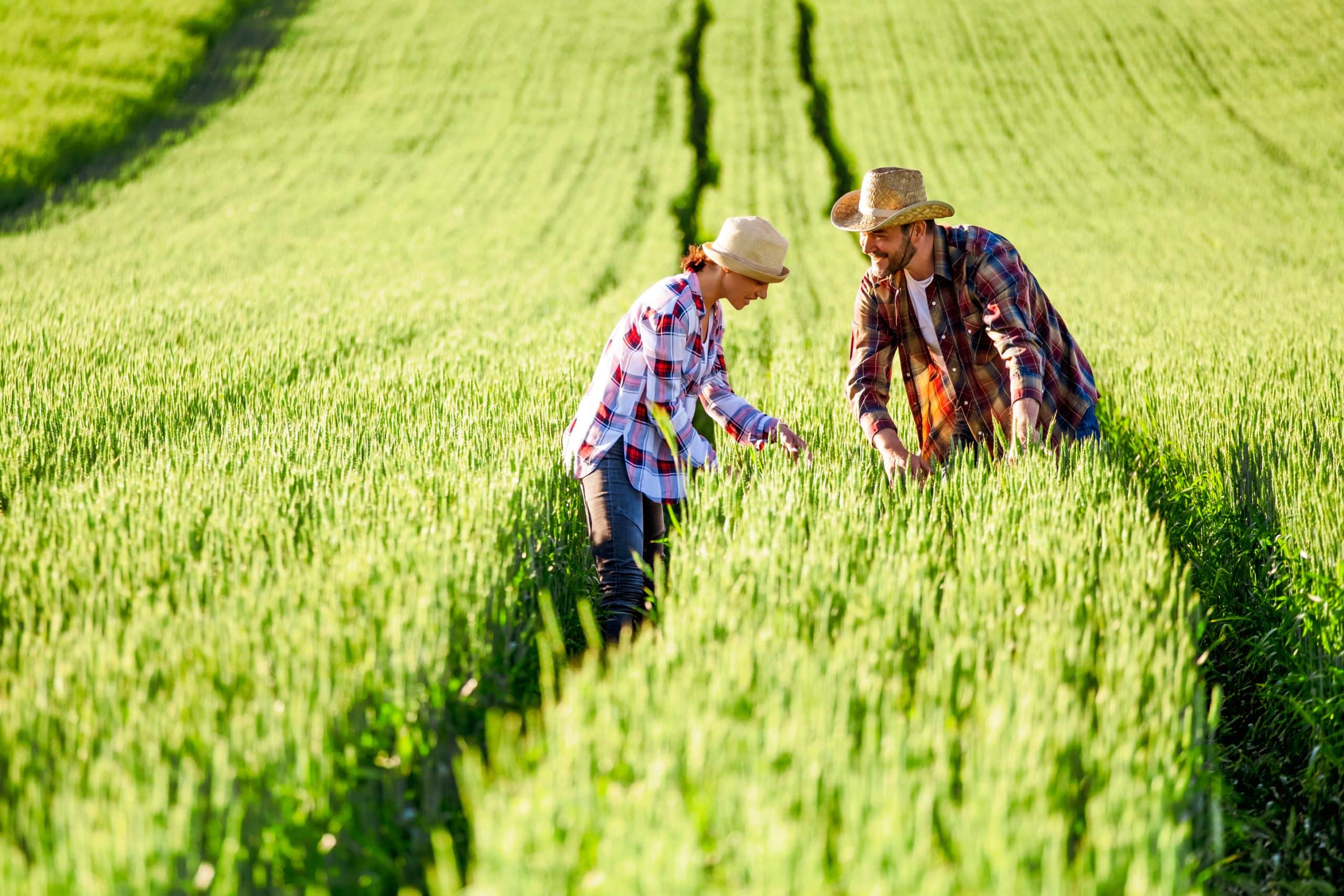How can you participate in local farming activities while camping in rural England?

Camping in rural England is a refreshing experience that breaks away from the monotony of urban life. Crisp country air, lush green pastures, and the charm of the countryside make for a perfect vacation. But how about adding a dash of the local way of life to your camping experience? Participating in local farming activities during your camping trip can take your experience to new heights. As a traveler and a tourist, you will learn, connect, and contribute to local agriculture and rural development. In this enriching journey, you will interact with the local agriculture industry, volunteer in farming activities, indulge in the wild and sustainable practices, and relish the local food.
Participating in Agri-Tourism
Agri-tourism is a concept that combines the best of both worlds - agriculture and tourism. The basic premise of agri-tourism is for tourists to experience and understand how a farm functions. As visitors, you can help out with daily tasks or simply enjoy the serenity of the rural landscape. Engaging in local farming activities while camping isn't just a delightful break from the norm, but also a form of sustainable tourism. By participating, you are contributing to the economic viability of these small farms and helping preserve a way of life that is under threat from industrial farming.
En parallèle : How to camp near UK historical battlegrounds with respect and awareness?
There are several ways to participate in agri-tourism while camping. You might choose to stay at a farm where you can get involved in daily chores, or perhaps you prefer to set up your tent on a nearby campsite and visit the farm during the day to learn and lend a hand. Either way, you can immerse yourself in local culture, enjoy fresh produce, and gain a new appreciation for the food on your plate.
Volunteering In Farming Activities
The farming industry in rural England is a vibrant, dynamic sector that continually evolves with time. However, farmers always appreciate a helping hand. As a volunteer, you can indulge in various farming activities. From planting seeds to harvesting crops, from feeding animals to participating in local farmer markets, there are plenty of opportunities.
Avez-vous vu cela : What guidelines should you follow for camping within the vicinity of UK wind farms?
Before you begin your volunteer journey, it's important to understand that farming is hard work. While the experience can be rewarding and exciting, it's also physically demanding. You will need well-prepared gear and a resilient spirit. But don't worry, your efforts will be rewarded not only with the appreciation of the farmers but also with a deeper understanding of rural life and the challenges it presents. Plus, there's nothing quite like the taste of food you've had a hand in growing.
Exploring Wild Farming
Wild farming is a unique sustainable practice that integrates farming with nature conservation. By participating in this, you'll contribute to the preservation of biodiversity and the development of sustainable farming practices.
In wild farming, fields are interspersed with areas of wild habitat, creating a patchwork of cultivated land and nature reserves. As a participant, you might help farmers in managing these habitats, or volunteer in tasks aimed at promoting the local flora and fauna. This could involve anything from tree planting to pond building, from identifying and cataloguing species to maintaining footpaths and bird boxes.
Relishing Local Food
The local food movement is a reply to the industrialization of the agriculture industry. It encourages people to choose food produced in the local community. This not only supports local farmers but also provides consumers with fresher, more nutritious food options.
Whilst camping in rural England, you should take the opportunity to try the local produce. Visit farm shops and farmer's markets, or dine at pubs and restaurants that pride themselves on serving local fare. Your taste buds will relish the farm-fresh ingredients, and you'll gain an appreciation for the farmers and cooks who make it all happen.
Conclusion
Participating in local farming activities while camping in rural England offers an authentic and enriching experience. It allows you to engage with the local community, contribute to sustainable farming practices, and enjoy fresh, local food. Whether you choose to volunteer in farming activities, learn about wild farming, or simply enjoy the fruits of the farmers' labour, you're sure to return home with a newfound appreciation for rural life and the hard work that goes into our food. So, for your next camping adventure, why not try something a little different and get stuck in with local farming activities?
Wild Camping and its Connection to Farming
Wild camping is for those who love the great outdoors and a sense of freedom. As you camp in the rural areas of England, you can experience the joy of waking up to the sound of chirping birds, the sight of dew-kissed grass, and the promise of a new day's adventure in farming. With wild camping, you're not just a visitor, but a part of the rural landscape and its daily rhythms.
England's countryside is often dotted with farms, large and small, many of which offer opportunities for campers to participate in farm work. This could include tasks like harvesting crops, feeding animals, or even helping with the maintenance and repair of farm buildings. By engaging in farm work, you're not just being a tourist, but you're contributing to rural development in a real and significant way.
Remember to pack camping essentials like a bivvy bag and a sleeping bag. These will ensure that you have a comfortable sleep after a day's hard work on the farm. You can also take the opportunity to learn from farming experts. Watching instructional videos or participating in workshops can improve your farming skills and make your camping experience even more fulfilling.
The Impact of Your Participation on Local Communities
Participating in local farming activities while wild camping doesn't just benefit you as a camper, it also has far-reaching impacts on local communities. In fact, your involvement can play a vital role in sustainable agriculture and rural development.
When you volunteer on a farm, you're providing valuable assistance to farmers who may be short-staffed or lacking resources. Your efforts can help reduce their workload and potentially increase their productivity. Plus, your contribution can help preserve traditional farming methods that are often more sustainable than industrial practices.
Farmers can also offer you a wealth of knowledge about organic farming and permaculture projects. These practices are not only beneficial to the environment, but they're also critical to maintaining the rural way of life. By learning from the farmers and applying these practices, you're contributing to the sustainability of local agriculture and the wellbeing of the community.
Local businesses, whether they're farm stores, restaurants, or pubs, also benefit from your patronage. When you purchase locally-sourced food or dine at establishments that serve local fares, you're injecting money directly into the economy of the rural areas. This economic boost can help these businesses thrive and continue to support their local communities.
Conclusion
Wild camping in rural England offers a transformative experience, allowing you to immerse yourself in the rhythms of rural life. From waking up in a bivvy bag to spending your day doing farm work, from supporting local businesses to contributing to sustainable agriculture, you become an integral part of the ecosystem you're visiting.
By participating in local farming activities, you're not just a camper but a part of a larger initiative promoting rural development. You're helping preserve traditional farming methods, encouraging organic farming and permaculture projects, sustaining local economies, and most importantly, experiencing the joy of a simple yet enriching life.
So, the next time you plan a camping trip, consider giving wild camping a go. Immerse yourself in the rural charm of England, participate in farming activities, and contribute to the sustainability of the countryside. The experience will reframe your perspective on camping and give you a newfound appreciation for the hard work that goes into farming and rural life.
